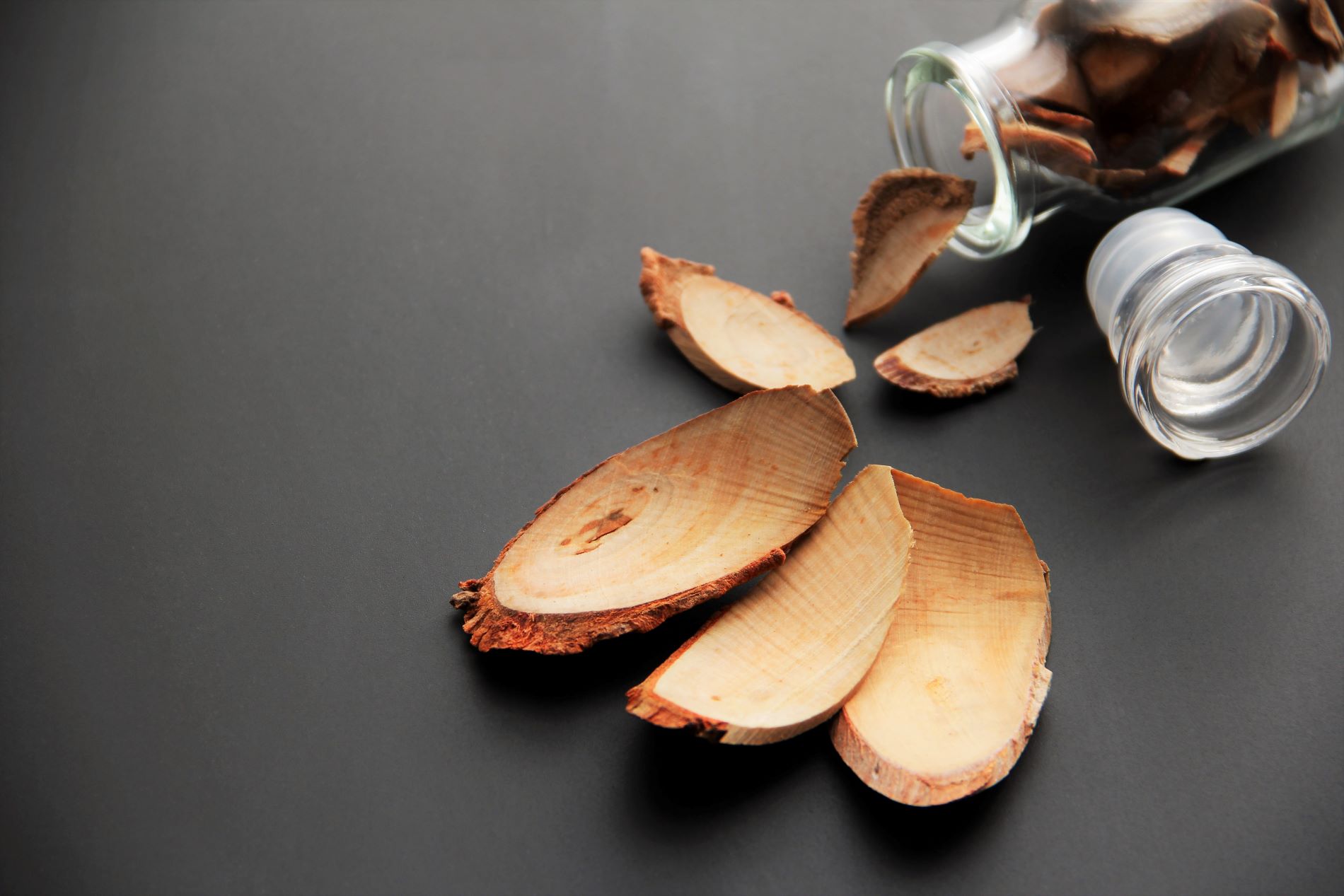

The rise of health-conscious consumer prompts most buyers choosing organic and natural products. Natural and organic Tongkat Ali is a quality supplement that you can buy but often at premium prices.
In our deep-dive review, we shall assess if organic natural Tongkat Ali products is worth buying.
Tongkat Ali is a plant that grows in a natural environment, often either harvested in an open field or left grown in the wild tropical rainforests. You may find Tongkat Ali plants in most parts of Malaysia and Indonesia, and in some rural parts of Thailand or Vietnam too.
And because Tongkat Ali is a plant that grows organically without the need of pesticides or modern farming agricultural techniques, Tongkat Ali supplements (products) sold in the market today is often deemed as “natural and organic”.
But how far is the truth?
There has been a rising confusion over the technicalities of the word “natural vs organic”, and therefore it is worth clarifying the differences between these two. This will help you decide to buy natural or organic Tongkat Ali products.
In its natural form, a natural Tongkat Ali takes shape in the form of raw unprocessed root, or root slices.
However, Tongkat Ali supplements or powder extracts are often derived from natural sources without synthetic additives. To preserve their natural form, 100% natural Tongkat Ali supplements are usually contain minimal or no fillers such as maltodextrin.
Natural Tongkat Ali supplements labeled as “natural” may still contain some processed ingredients, additives or preservatives.
From a regulatory perspective however, the term “natural” is not strictly regulated in many countries, leading to varying interpretations.
Pure natural Tongkat Ali powder extract (without additives) often changes colour from bright yellow to dark brown from oxidation, humidity and temperature changes. The change in colour is a clear marker that it is pure and natural.
Organic Tongkat Ali are products are made from ingredients grown without synthetic pesticides, fertilizers, genetically modified organisms (GMOs), antibiotics, or growth hormones.
To get certified, any organic Tongkat Ali supplements that carries the term “organic” on its product labels must contain ingredients that is at least 70% organic. The term “organic” is heavily regulated by the United States Department of Agriculture (USDA), making organic Tongkat Ali seem pretty rare.
Some 3rd party lab tests will ensure that the Tongkat Ali supplement that you bought is considerably “organic”, that is without the addition of adulterants or other impurities.
It is important to note that 3rd party lab-tested Tongkat Ali reduces the risks of buying a non-organic product. Some suppliers and manufacturers may source Tongkat Ali that is harvested in an open field using pesticides or synthetic fertilizers, or using synthetic ethanol-based solvent during the Tongkat Ali extraction process.
Some ethanol-based Tongkat Ali extract is synthetic despite claims that most ethanol-based solvents used in food or nutraceutical are organic. It is best to stick to the standardized Tongkat Ali hot water extract and if it is harvested from the wild rainforests, this is the best organic Tongkat Ali that you should buy according to herbalists.
It is worth buying natural organic Tongkat Ali products to ensure better health as this represents quality and higher safety standards in dietary supplements.
AKARALI Tongkat Ali products are produced from wild yellow Tongkat Ali plants grown in the rainforests and free from pesticides, insecticides, antibiotics, fertilizers and GMO. It is one of the best natural organic Tongkat Ali supplement that is 3rd party lab tested in the US market today.

Alex Kua leads AKARALI’s Global Partnership Community to help athletes, sports communities, and thousand of others optimize their well-being through evidence-based research that enables them to make better informed decisions. His legal and business consulting background underpins the rigorous data-driven approach in his writing – from hours of interviews, real-world performance data, and firsthand experiences of real people – offering actionable insights that connects clinical research, emerging health trends, and real-world applications. He is also an experienced researcher in herbal nutrition, with years of deep technical knowledge on Tongkat Ali (Eurycoma longifolia), including quality standards, industry benchmarks, lab tests, clinical trials, and the use of natural herbs by collaborating with top scientists, herbal experts, and nutritionists. As part of the core team behind AKARALI’s knowledge portal, he empowers people worldwide to access the benefits of high-quality herbal nutrition in a way that is effective, sustainable, and safe. He is also an avid runner, with regular participation in local sports communities and running events.
Our articles are third party reviewed by our panel of experts and medical advisors to ensure the facts are accurate and credible. These are validated against multiple source references which include but not limited to research studies, peer-reviewed journals, pre-clinical studies, clinical tests and other credible publications.
Our panel of medical advisors and experts are highly experienced in their individual fields. However, they do not provide any medical advice or recommendations arising from content published in this article.
Disclaimer:
The content published on this website is for educational purposes and should not be viewed, read, or seen as a prescription or constitute any form of medical advice. We recommend you consult your nearest GP or doctors before consuming Tongkat Ali or any products which contain Tongkat Ali. For further information, kindly refer to our Frequently Asked Questions (FAQ) for more information.